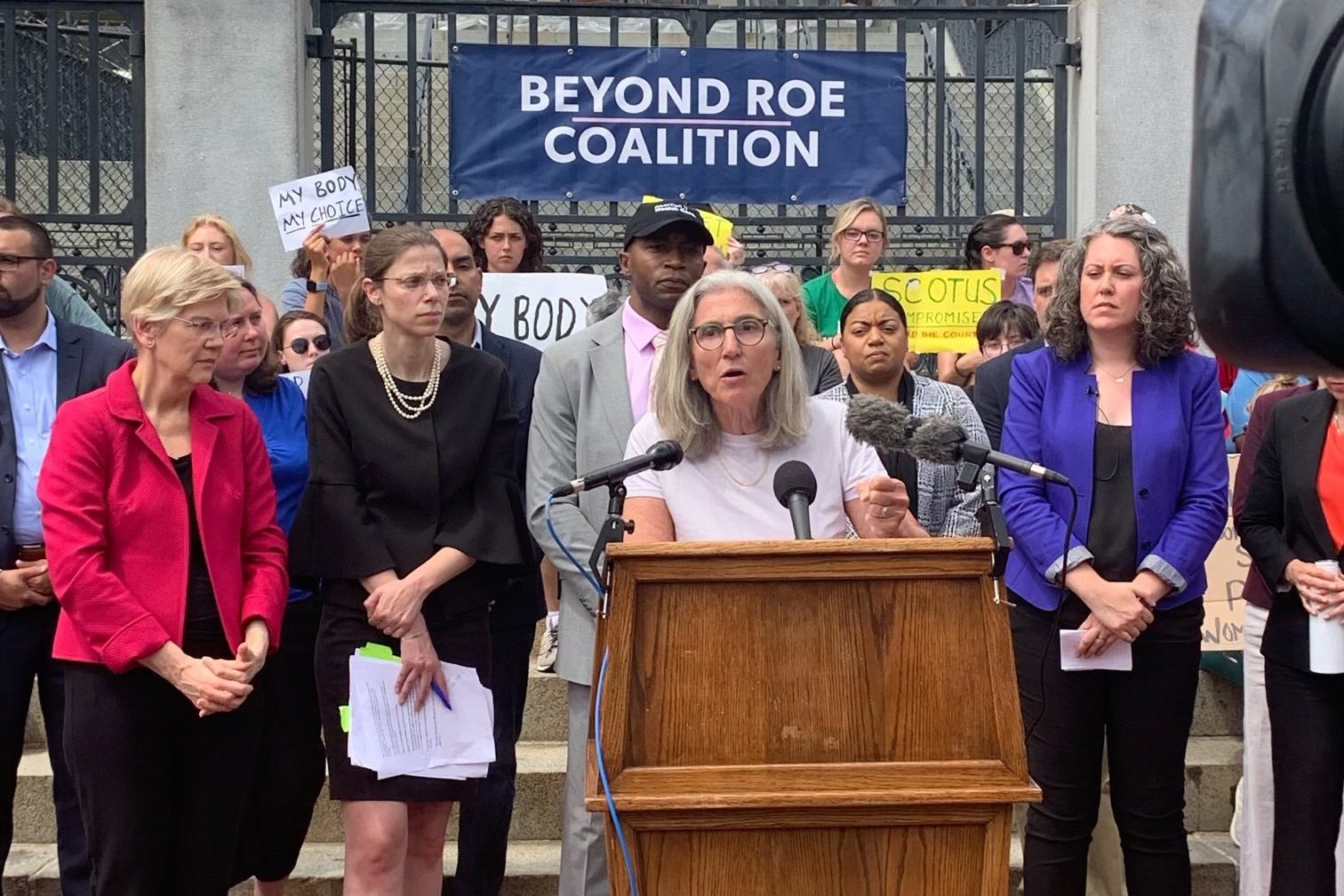Returns as Senate Chair of Joint Committee on Health Care Financing, Receives new position as Chair of the Senate Committee on Policy and Steering
(BOSTON—3/3/2025) Last week, the Massachusetts Senate released committee assignments for the 194th session of the Massachusetts General Court, which spans from January 2025 through December 2026. Senator Cindy F. Friedman (D-Arlington) was reappointed as Senate Chair of the Joint Committee on Health Care Financing and appointed as Chair of the revamped Senate Committee on Policy and Steering.
“I am incredibly thankful to Senate President Karen Spilka for her continued trust in me to deliver necessary policy reforms to strengthen our Commonwealth’s health care system, especially given the uncertainty of federal health care support and funding,” said Senator Friedman. “I am also excited for the opportunity to bolster the Senate Committee on Policy and Steering and further develop and move strong policy in line with the priorities of the Senate. There is much work to be done in the Legislature to continue to serve our constituents, and I am eager to get started. I look forward to a productive legislative session.”
Now serving in her fourth full legislative session, Senator Friedman’s full list of committee assignments are as follows:
- Chair, Senate Committee on Policy and Steering
- Senate Chair, Joint Committee on Health Care Financing
- Vice Chair, Senate Committee on Rules
- Member, Joint Committee on Aging and Independence
- Member, Senate Committee on Ethics
- Member, Senate Committee on Personnel and Administration
The committee assignments come on the heels of a robust package of newly adopted Senate rules for the chamber and a proposal for the joint rules governing the full legislature.… Read more.


